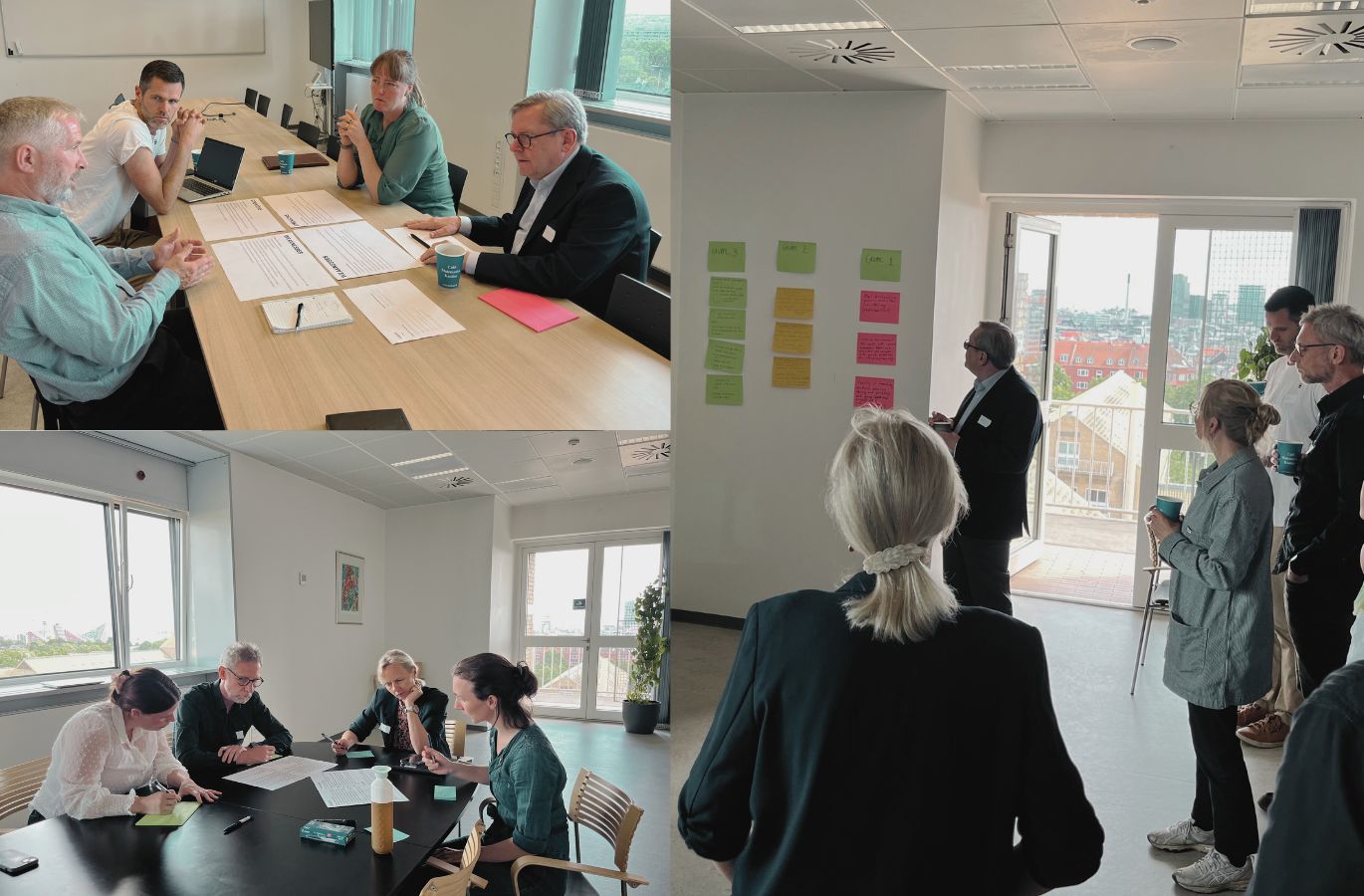Tech 2030: The focus groups have submitted their input
The four focus groups involved in Tech 2030 have submitted their recommendations to the faculty management. Discussions are well underway as the faculty management moves forward with the development of Tech 2030.

Just before most of us left for the summer holidays, representatives from the four focus groups – drawn from across Tech’s departments and centres – were invited to present the outcomes of their work at a faculty management meeting. Each group submitted a white paper containing recommendations on how their specific focal point should be adjusted to help shape the future direction of Tech.
Anders Brandt, Head of the Department of Mechanical and Production Engineering, was part of the focus group working on the focal point of meeting students where they are:
“It was interesting to be part of the focus group, and I especially appreciated the commitment and enthusiasm shown by the other participants. We also included the students’ perspectives, and I found it fascinating to hear their views on what it really means to meet students where they are,” he says.
Another member of the same group, Roos Marina Zaalberg from the Centre for Quantitative Genetics and Genomics, valued the diversity within the group:
“It was great to meet different types of educators, and it brought insights from many different positions – from those with limited student contact to people like me, who has a lot of direct contact. It makes perfect sense to speak with those on the front lines when you want to change something in an organisation,” she says.
If she had to highlight one topic that particularly stood out during the group’s discussions, it would be the importance of helping students build a social network during their studies.
“Some students find it more challenging to form physical social connections, as they have easier alternatives online through social media. But to have a fulfilling student life, it’s so important to meet in person and build friendships through shared experiences. By helping them to be social at the beginning of their studies, we give them something to build on and strengthen their chances of staying in the programme. It’s very easy to drop out when you don’t have friends or feel part of a group,” says Roos Marina Zaalberg.
Next Steps Towards Tech 2030
In the coming months, the faculty management will continue working on the adjustments and activities proposed by the focus groups. The current plan is for Tech 2030 to be sent out for consultation late autumn. Tech 2030 is the faculty’s follow-up to AU’s Strategy 2030, which was approved by the university’s board in April. Learn more >>
You can read more and see the development timeline for Tech 2030 right here >>
Techs four focal points
The ambition is to be a collaborative and solution driven faculty creating green and digital impact. The four focal points are the pathways to reach the ambition:
1. Prioritizing and developing new partnerships and other collaborations
2. Recognised research, entrepreneurship and policy advice
3. Meeting our students where they are
4. Joint responsibility for openness, collaboration, co-ordination and development with trust and respect for each other